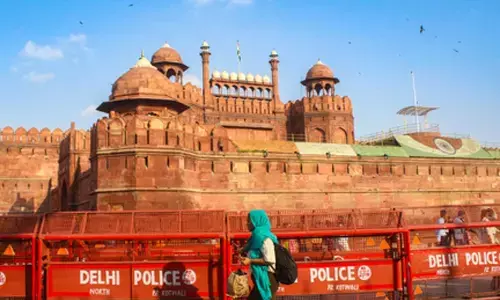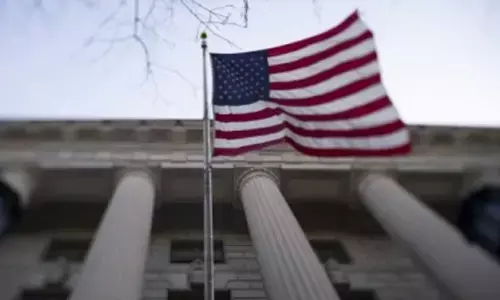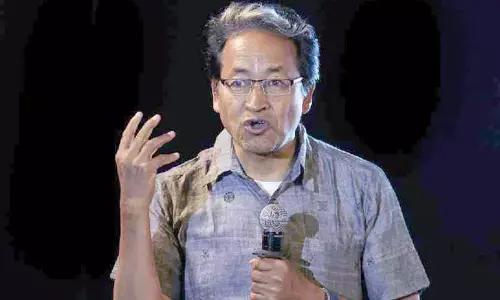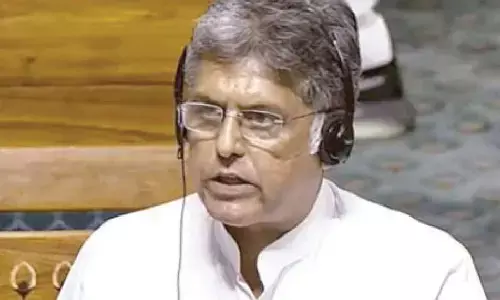'Has societal implications on equality': Supreme Court to examine EWS quota criteria in March
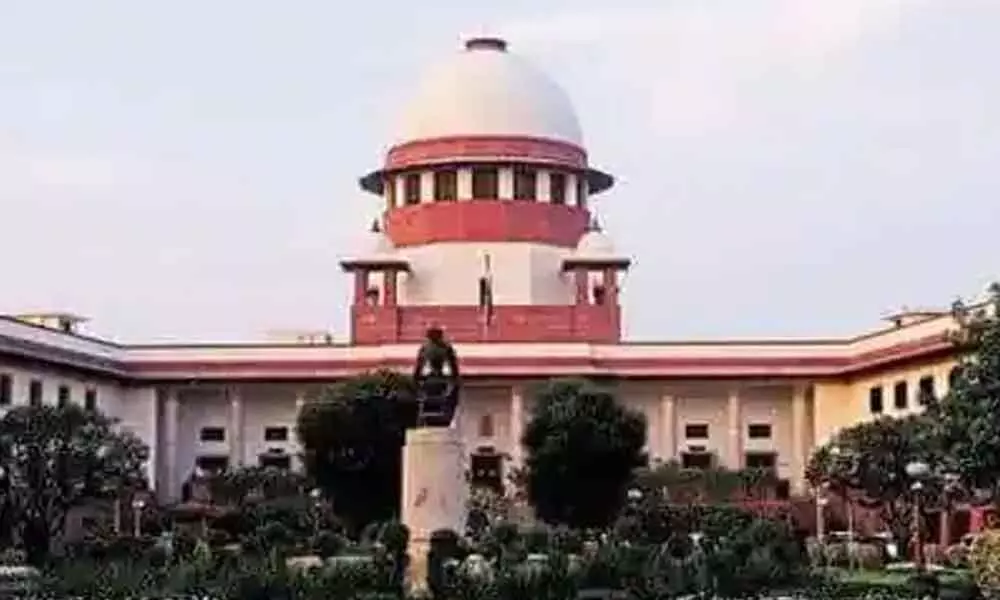
Supreme Court (Photo/IANS)
The Supreme Court on Thursday permitted the Central government to implement 10 per cent economically weaker sections (EWS) reservation in All India Quota seats in NEET undergraduate and postgraduate seats for the academic year 2021-2022, pending a detailed hearing.
New Delhi: The Supreme Court on Thursday permitted the Central government to implement 10 per cent economically weaker sections (EWS) reservation in All India Quota seats in NEET undergraduate and postgraduate seats for the academic year 2021-2022, pending a detailed hearing.
A bench of Justices D.Y. Chandrachud and A.S. Bopanna said: "We deem it necessary to allow the counselling session to begin with the existing criteria for the identification of the EWS category. Judicial propriety would not permit us to pass an interim order staying the criteria for determination of the EWS category."
It, however, said that meaning of EWS - the identification of the poor or the poorest, would have to be examined through detailed hearing.
Referring to various arguments made by counsel in connection with EWS quota, the bench said: "These arguments are only indicative of the wide range of arguments that have been raised before us, which would require proper consideration as it has wide ranging constitutional and societal implications on equality and the law."
The bench said both the Centre and states have the power to determine the EWS, however, the Pandey committee, set up by the Centre, did not even consult the states before arriving at the criteria. "The Kerala government constituted a commission for determining the criteria for identifying the EWS. The Commission chaired by Mr. K Sasidharan Nair submitted its report on November 29, 2019 recommending that Rs 4 lakh gross family income must be used to identify the EWS category in Kerala," it noted.
The top court said contentions against the criteria determined by the Pandey committee in connection with Rs 8 lakh per annual income, to identify the EWS category will be heard in the third week of March.
"It is a settled principle of law that in matters involving challenge to the constitutionality of a legislation or a rule, the Court must be wary of passing an interim order, unless the Court is convinced that the rules are prima facie arbitrary."
The bench said the country is still in the midst of the pandemic and any delay in the recruitment of doctors would impact the ability to manage it.
Declining to accept the argument that rules of the game were changed in the middle, it said that the July 29 notification providing reservation for the OBC and EWS categories in the AIQ seats was issued after the registration had closed but before the exam was conducted, therefore it would not amount to altering the rules of the game.
A group of petitioners led by Neil Aurelio Nunes moved the top court challenging Centre's July 29 notification to implement OBC and EWS reservation in NEET-All India Quota from the current academic session in the postgraduate courses.
As much as 15 per cent seats in undergraduate and 50 per cent seats in PG courses are filled through the all India quota.













